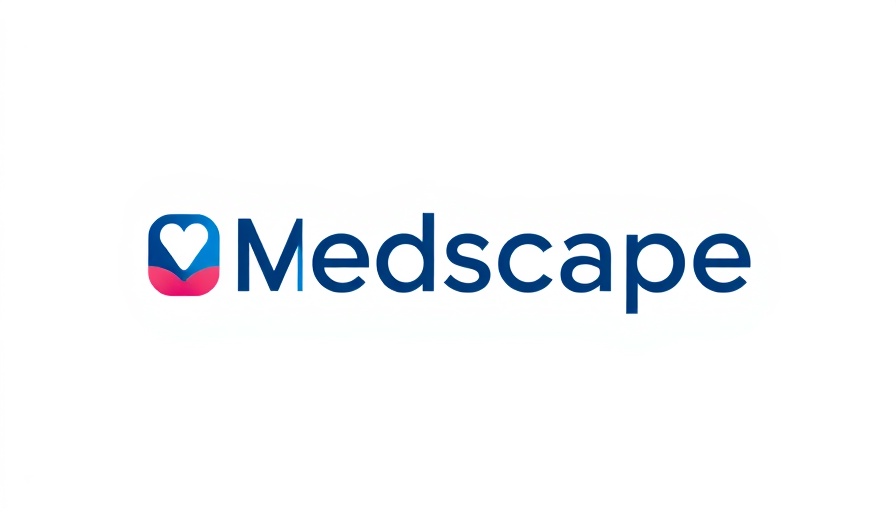
Unlocking Opportunities: Navigating the German Medical Licensing System
With the increasing number of practicing physicians in Germany, particularly in critical fields like psychiatry, pediatrics, and anesthesiology, the healthcare system is facing significant staffing challenges. According to the German Medical Association, there are about 428,000 medical practitioners in the country, but forecasts suggest that by 2035, 11% of these positions may remain unfilled without effective strategies to recruit foreign-trained doctors.
The journey to acquiring a medical license in Germany can be daunting, especially for those whose qualifications are from outside the EU. It's essential for foreign medical professionals to understand both the administrative and linguistic hurdles they must overcome to successfully integrate into the German healthcare framework.
Understanding the Licensing Process: Key Factors
The timeframe for recognition of foreign medical licenses varies significantly based on the educational origin of the clinician. Degrees obtained from within the EU or EEA often see relatively swift processing times—typically 2 to 6 months. In contrast, those with qualifications from non-EU countries may experience longer waits, particularly if a knowledge test is mandated, which can extend the timeline from 12 to 24 months.
The complexity of this licensing process underscores the importance of proper preparation, particularly in documentation and compliance with specific health standards.
Essential Steps Toward Accelerated Licensing
Here are five insider tips designed to streamline your path to obtaining a German medical license:
1. Gather Your Documentation
Start by compiling all the necessary documents required for your application. This includes your medical qualifications, identification proof, employment records, and police clearance certificates. The Marburger Bund provides a comprehensive list of necessary documentation, including official contact information for licensing authorities across Germany.
Be mindful of the need for certified translations of documents, which can be time-consuming. Early preparation will alleviate unnecessary delays.
2. Prove Your Medical Fitness
All practicing medical professionals in Germany must provide documentation of their physical fitness. This requirement ensures that you are capable of practicing medicine safely without jeopardizing patient health. A medical fitness certificate must be issued by a licensed German physician and should explicitly affirm your capacity to practice medicine. It’s pivotal that this certificate is recent, ideally no more than three months old, to comply with the licensing standards.
3. Improve Your Language Skills
Achieving a high level of proficiency in the German language is crucial not only for passing required assessments but also for effective patient interaction. Consider enrolling in language programs specifically designed for medical professionals to ensure you are well-prepared for both written and spoken German in a medical context.
4. Connect with Mentors and Networks
Building a professional network can provide invaluable insights and support throughout the licensing process. Engaging with existing medical professionals already working in Germany can offer mentorship opportunities, guidance, and potential job leads. Platforms such as local medical associations or online forums for foreign medical graduates can serve as helpful resources.
5. Stay Informed on Policy Changes
The healthcare landscape is continually evolving, and policies regarding foreign-trained medical professionals can change. Keeping abreast of these changes will equip you with the knowledge to navigate the licensing process more effectively and seize available opportunities in the German market.
Conclusion: Seizing the Opportunity
Pursuing a medical license in Germany is a journey filled with challenges, but with the right preparation and knowledge, it can be an immensely rewarding experience. As staff shortages loom, foreign doctors are increasingly viewed as pivotal to filling these gaps. By following these insider tips, you can expedite your path into one of Europe's most dynamic healthcare systems.
 Add Row
Add Row  Add
Add 




 Add Row
Add Row  Add
Add 

Write A Comment